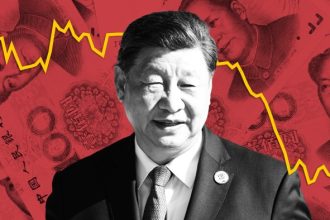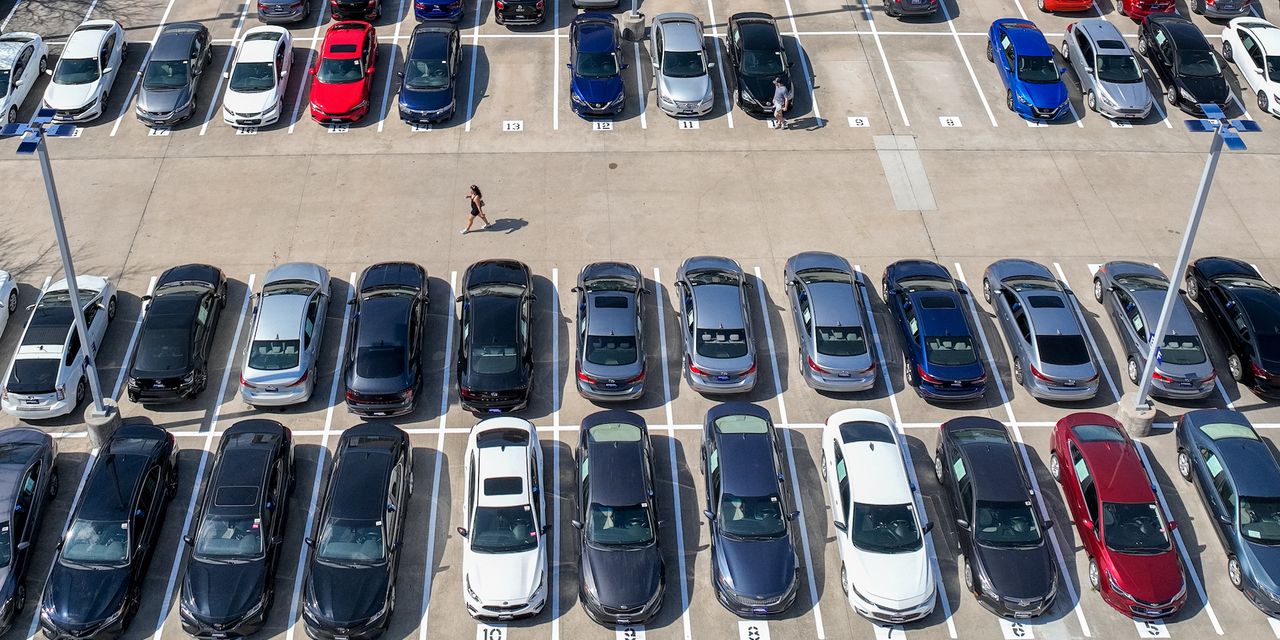America’s car dealers ended the second quarter with more than 92,000 electric vehicles on dealer lots awaiting sale. A year ago, they had 21,000.
The numbers come from Kelley Blue Book parent company Cox Automotive.
Dealers count inventory by sales rate
Car dealers don’t simply count cars to measure their inventory. They track their supply of new cars to sell in a metric they call “days of inventory” – how long it would take them to sell out at today’s sales rate if they couldn’t acquire more.
An old industry rule of thumb told dealers to keep about a 60-day supply in inventory and another 15 days’ worth on order or in transit. It’s a rough number. Dealers in some areas might raise or lower their number slightly depending on local sales traffic. They adjust for local tastes – in some parts of the country, they’d want an oversupply of pickups, for instance.
But a 60-day supply, traditionally, meant that your local dealership almost certainly had a model with the combination of color and features that would appeal to you in easy reach.
Also see: What do car dealers have to be worried about? Plenty, survey says.
EVs oversupplied for current sales pace
At the end of the second quarter, Cox Automotive reports, car dealers nationwide had, on average, 51 days’ worth of new cars to sell. But they had 92 days’ worth of EVs.
That doesn’t mean EVs outnumber gas-powered cars on lots. It simply means that manufacturers have built them too fast for their current sales rate. But that sales rate is accelerating.
Cox Automotive reports that EVs made up 7% of new car purchases in the first quarter – up from 5.8% in 2022.
Virtually every automaker now has at least one EV for sale, and they’ve begun appearing in the used market as well. The industry is about to learn a lot about EV demand, according to Cox Automotive Chief Economist Jonathan Smoke.
“Up until now, this has been a Tesla
TSLA,
Nissan
NSANY,
GM
GM,
story and a little bit of Volkswagen
VWAGY,
” Smoke told industry publication Automotive News. “The critical point is that it finally means something in every part of the industry, but it also means we’ve got ample opportunity to find where it’s successful and where it’s not quite as successful.”
Plus: Volkswagen to start testing self-driving electric vans on streets of Austin
Not the same story everywhere
The thick supply of EVs also doesn’t mean you can easily find one at your local dealership. The vehicles are concentrated in certain parts of the country.
A recent survey sponsored by the Sierra Club found that two-thirds of dealerships had no electric vehicles or partially-electric plug-in hybrid vehicles on their lots, and many didn’t want one.
A recent Cox Automotive survey found similar results, with less than a third of dealers saying EVs are the future of transportation.
Read: Strong demand drives U.S. new vehicle sales nearly 17% higher in first half of 2023
Shoppers more EV-focused than dealers
Shoppers are more convinced than dealers. More than half of 1,024 shoppers surveyed by Cox Automotive said EVs are the future. More than half said they would consider an EV purchase in the next 12 months – up from 38% in the same survey last year.
What is the top hurdle holding them back? Price. But government incentives and simple economies of scale are driving prices down. The price of the average EV is now almost $10,000 lower than just one year before.
The companies that build cars seem more enthusiastic about EVs than the people that sell them. More than 80% of dealers surveyed said their automaker required them to make an investment in infrastructure to sell and service EVs.
This story originally ran on KBB.com.
Read the full article here





